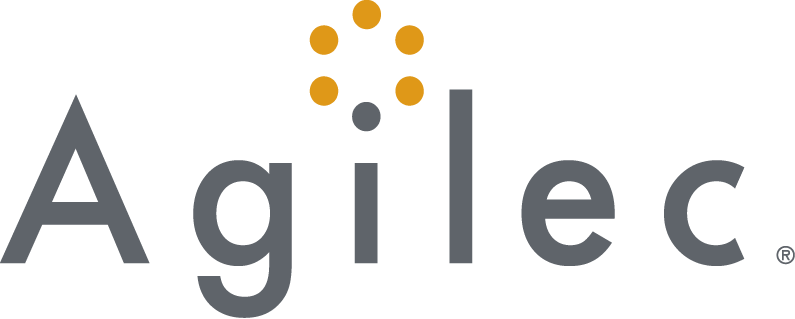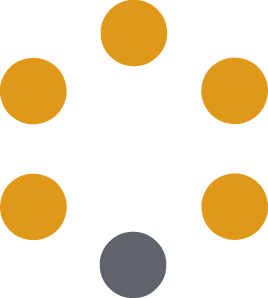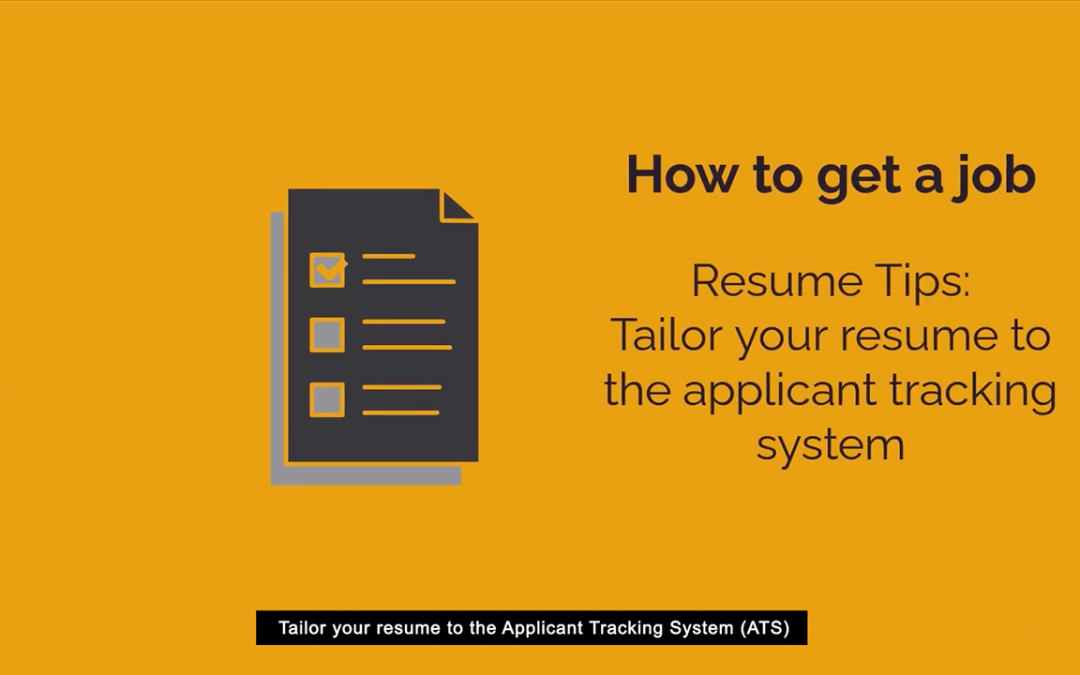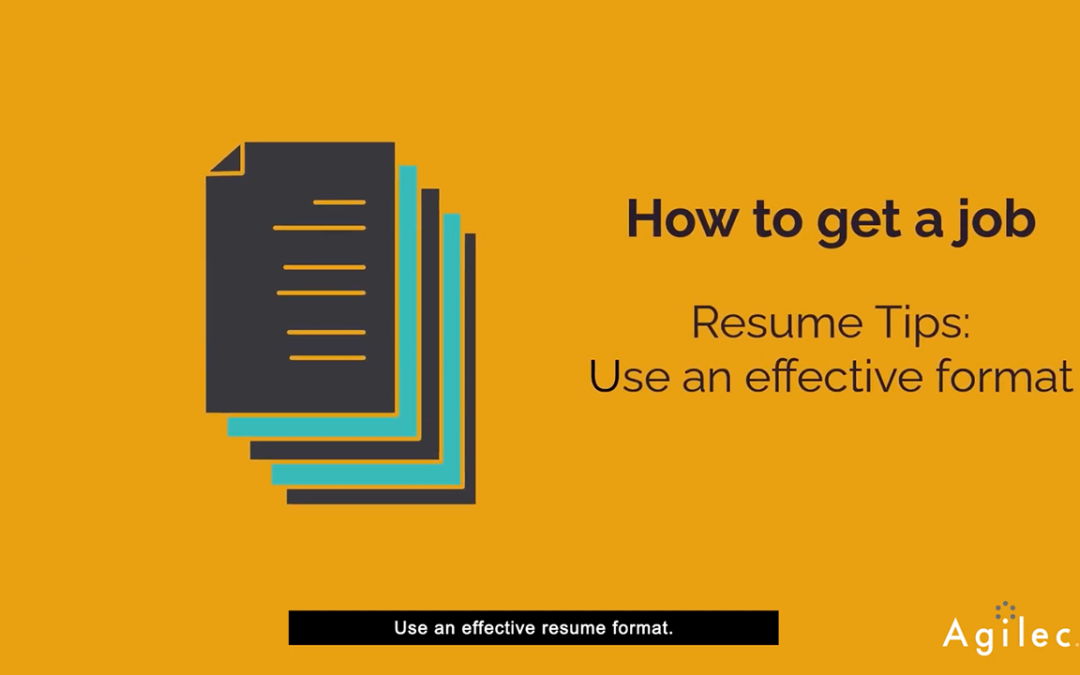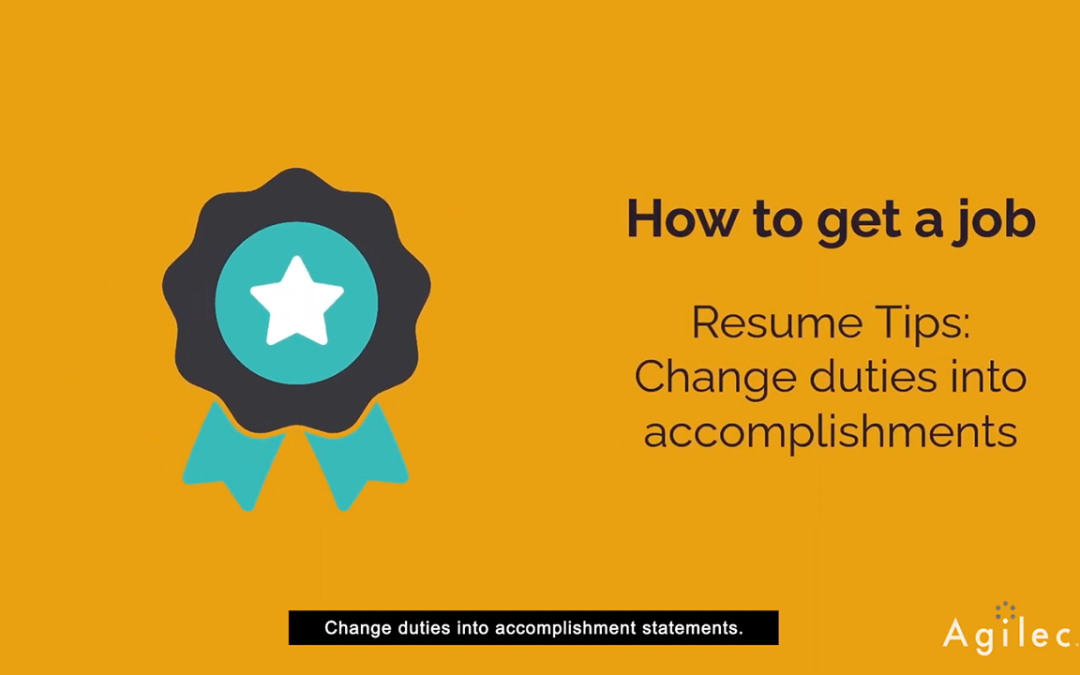With a multi-generational work force and an emphasis on maintaining healthy, positive workplaces, organizations are aiming to hire right the first time rather than merely fill a gap. Recruitment, screening and interviewing are not only time consuming for an organization looking to find the right candidate, but it also represents a tremendous risk on the part of the organization. A “bad hire” and the inevitable termination of the employee can cause a momentary loss of productivity for the team and a return to recruitment within a short period of time.
Decision-makers try to avoid opening the organization to a risky hire by looking internally first—are there current staff interested, on a temporary contract, or is there a volunteer who wishes to become permanent? Failing this, decision-makers turn to their trusted network of colleagues and business partners to gather recommendations. Getting a recommendation of a potential candidate dramatically reduces the risk to an organization because someone has vouched for that individual’s ability to not only meet the job requirements but also speak to his/her reliability, dependability, motivation and strength of character. In this case, organizations see the candidate as worth the risk since there`s evidence to support their hiring.
What does all of this mean to the job seeker?
Awareness of the risk that organizations perceive in hiring an unknown candidate and the methods they use to find candidates should signal a dramatic departure from the traditional job search methods to a job seeker. From the job seekers perspective, submitting an application for a job posting on-line from the comfort of home is low-risk—typically a job seeker will never hear from that organization unless selected for the next phase in the recruitment process. This method carries no personal risk of rejection to the job seeker and feels “safer.” But, it’s incongruent with the methods organizations are typically using and that is a barrier to getting hired.
What can a job seeker do?
Job seekers need to tap into their own personal network, get out, and get busy! Some job seekers report a feeling of shame and guilt in asking their friends, family and colleagues to keep an eye out for any opportunities however, as the old saying goes, “the squeaky wheel gets the grease.” In most cases, people don’t think any less of a job seeker asking for help and are often more than willing to make recommendations. The reality is that there is a higher personal risk of rejection for job seekers to ask for help and get face-to-face with decision-makers through their personal networks, however, it is well worth it. One well-timed, genuine and personal recommendation to a decision maker could mean entering a company at position in the mid to upper-level rather than from the entry level where it can take time to establish a reputation, achieve greater responsibility, and commensurate compensation.
Job seekers also need to find ways to become known to organizations they wish to work at so that decision-makers looking to hire consider them as viable candidates for openings. This can take time and considerable personal risk for the job seeker. One method of getting one’s foot in the door is to set up an informational interview with someone in the company—preferably someone with clout. Informational interviews are daunting and require the job seeker to put themselves out there, but with some research, a time-limit of 15 – 20 minutes, and carefully selected questions, a good informational interview can make a tremendous impression. Attendance at annual events and memberships to trade or business groups with a colleague, family member or friend can offer the job seeker low-risk opportunities to make connections with organizations looking to hire.
Tapping personal networks, taking risks to get face-to-face with decision-makers, and asking for help certainly increases the personal risk of rejection for job seekers but these strategic actions mirror the methods that organizations are using to find the right hire. It’s definitely worth the risk!
by Lisa Ambaye, Guest Blogger for Agilec
